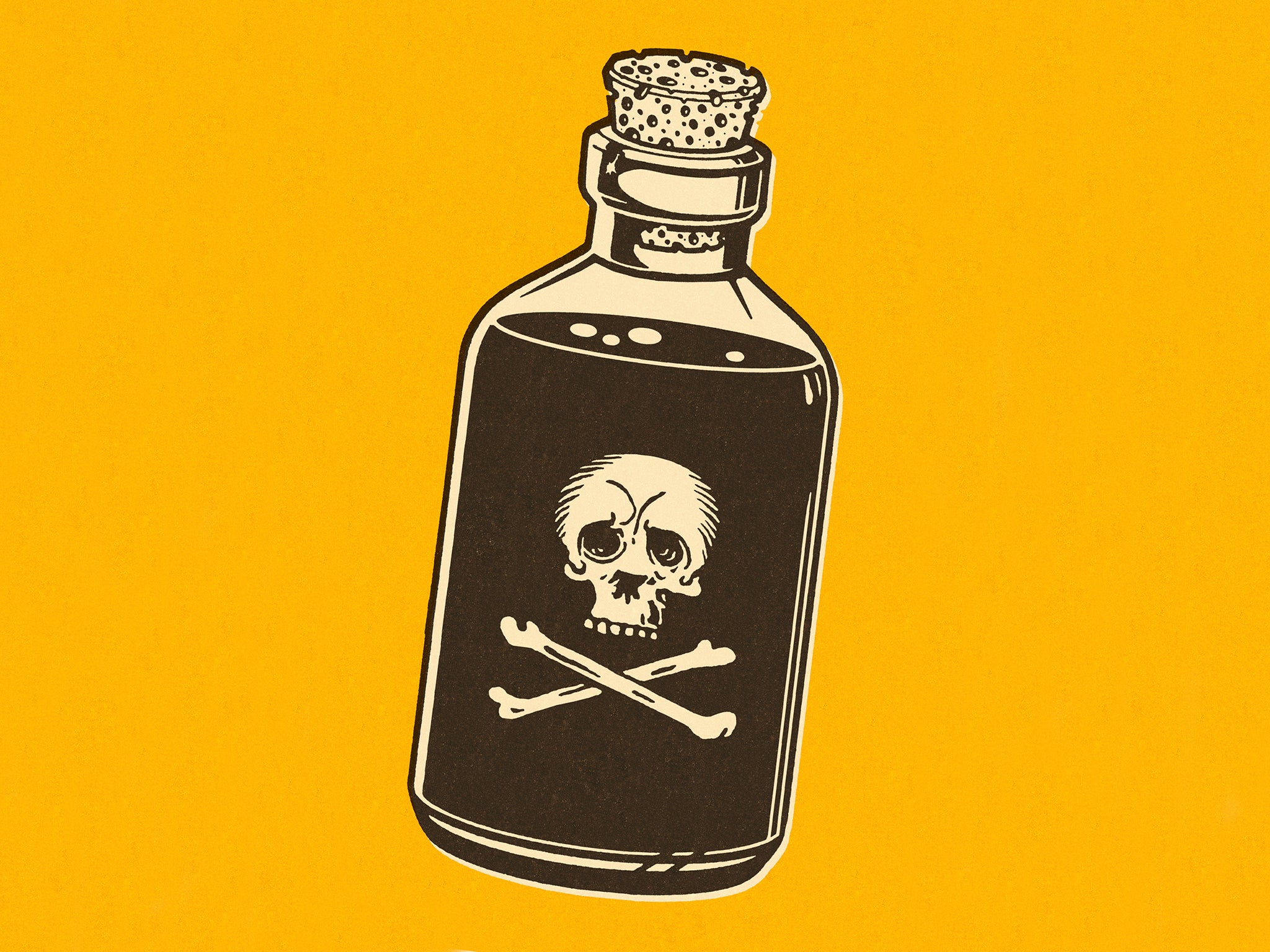It’s time for booze bottles to have health warning labels
Is alcohol about to have its cigarette moment in terms of its public image? As Ireland vows to introduce health warnings to alcohol labels, Matthew Neale explores why our relationship with drink should be less blasé

The year is 1966, and mandatory health warning labels have just been added to cigarette packs in the US. Blunt wording that stands in contrast to the colourful, cartoonish marketing of Joe Camel and the Marlboro Man proclaims the risks of various dire health conditions caused by smoking, including the direct link with lung cancer. In the decades that follow, the tobacco industry fights the most effective efforts to curb smoking, successfully delaying today’s visually graphic health warning labels (GHWL) internationally for nearly 10 years.
The temptation today is to look back at these battles as tales of a bygone era, an age when Mad Men’s Don Draper stalked the earth and scientific research was struggling to catch up with our habits. You might be surprised, then, to learn that Ireland’s recent decision to introduce mandatory health warnings to alcohol labels from 2026 – specifically linking alcohol and liver disease – were quickly decried as “totally inappropriate” by the country’s Italian ambassador, concerned about the potential impact on wine exports. If you thought we’d moved into an enlightened era in which everyone accepts the latest science, regardless of financial interests, you’d be sadly mistaken.
While the risks are by no means identical, there is a growing sense – in PR terms – that alcohol is on the cusp of having its cigarette moment. Alcoholism remains a huge concern, of course. In May alone, Simon Pegg, Liam Payne, Drew Barrymore and Macklemore all spoke about why they felt they had to quit the booze for good. But even among those who may not consider themselves to be problem drinkers, the landscape is changing. The myth that a daily glass of wine is good for you has been thoroughly debunked. The World Health Organisation now tells us that, while following so-called “low-risk drinking guidelines” (ie less than 14 units per week) is better than binge-drinking, there is simply “no level of alcohol consumption [that] is safe for our health,” and the message is spreading.
Subscribe to Independent Premium to bookmark this article
Want to bookmark your favourite articles and stories to read or reference later? Start your Independent Premium subscription today.
Join our commenting forum
Join thought-provoking conversations, follow other Independent readers and see their replies